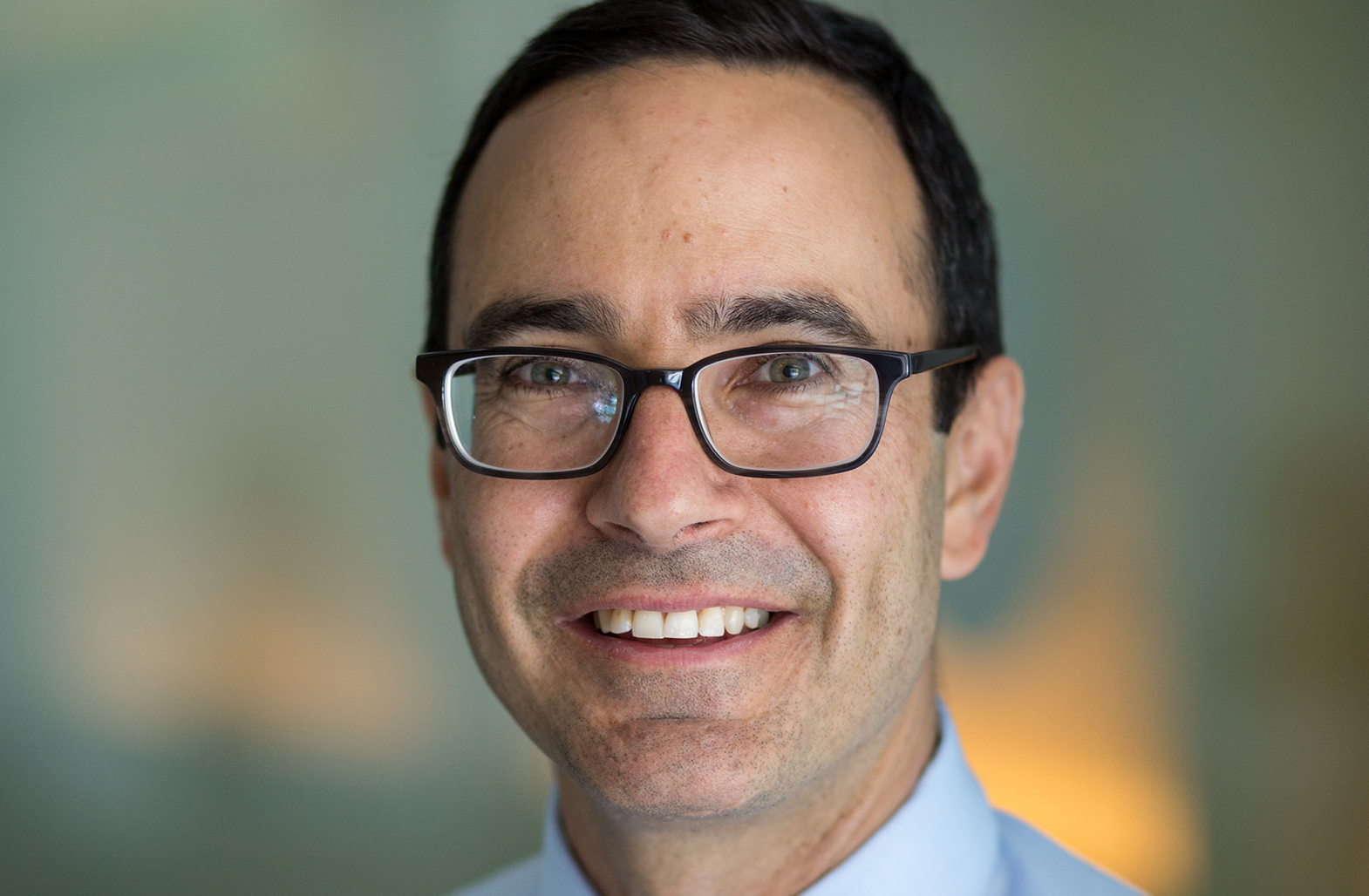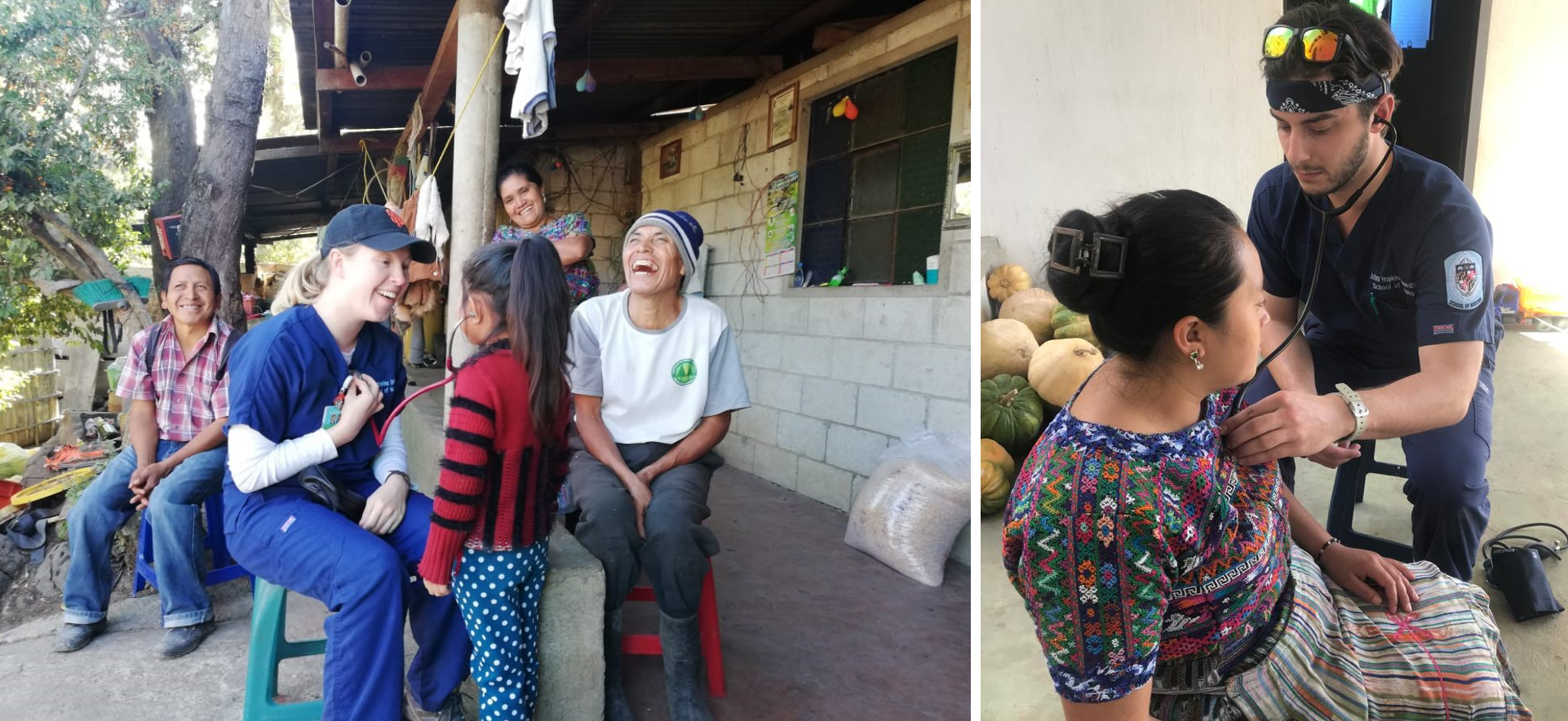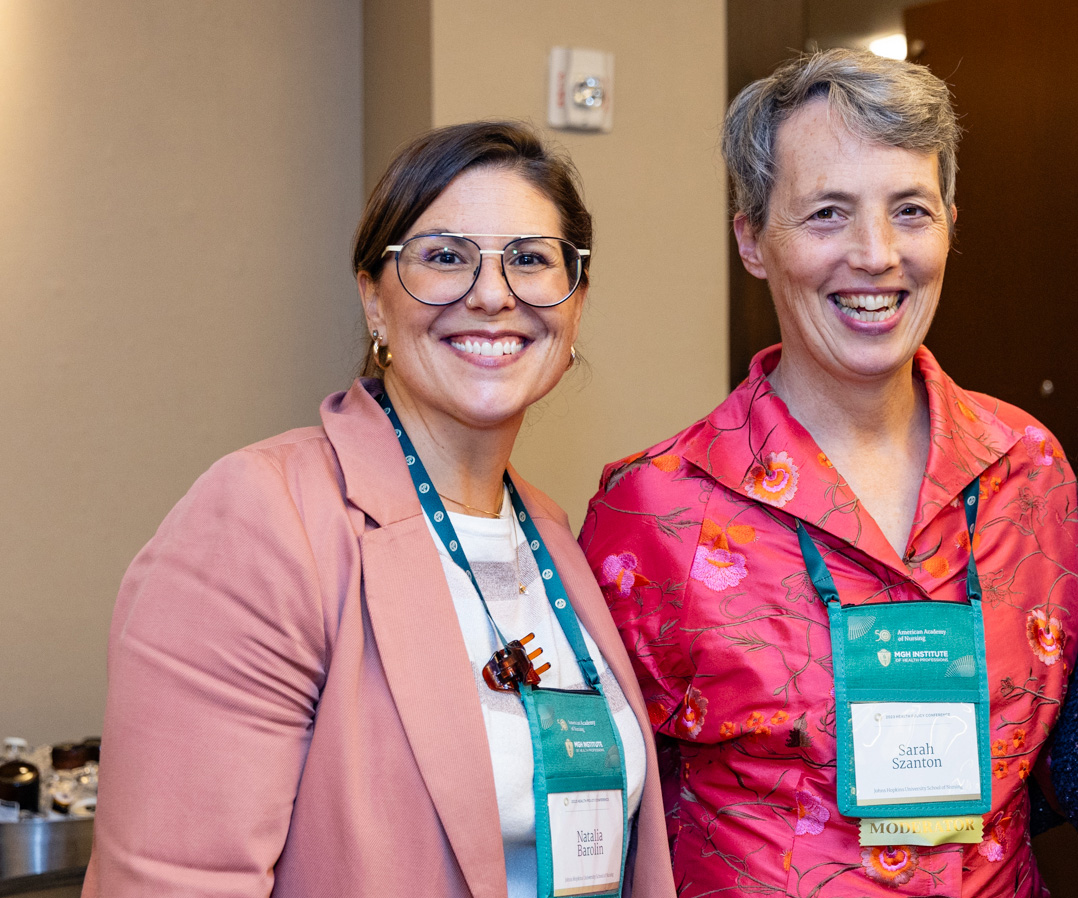“The lack of safe and affordable housing creates a health crisis with a broad range of harmful consequences,” says Craig Pollack, MD, MHS.
“There are so many people working on housing as a foundation for health across Johns Hopkins—from different perspectives—that we have a lot of advantages and synergies we can bring together and build on.”
Craig Pollack, MD, MHS is the inaugural chair of the Katey Ayers Endowed Professorship on behalf of Johns Hopkins School of Nursing and Johns Hopkins Bloomberg School of Public Health; the professorship is funded through a generous gift from JHSON Class of 1967 Alumna Katey Ayers—and matched by the Maryland E-Nnovation Initiative Fund. It is charged with addressing the complex intersection of housing and social services, and their impact on health.
What made you decide to specialize in health and housing?
Housing is a fundamental issue in a person’s life. Back in the nineties I studied history and medicine and was interested in memorials and how they function. I traveled to Bosnia for my master’s thesis to investigate efforts to build a memorial to the Srebrenica massacre, but found that the stories people wanted to tell were about rebuilding their homes and their lives. Since then I have specialized in housing and health, including some international work in Germany and a fellowship at the time of the 2008 housing crisis in the U.S.
We know that housing impacts health. Can you talk about housing’s impact on health, Moving to Opportunity, and what we have found from that research?
Moving to Opportunity was a research demonstration that began in the nineties. Families living in high-poverty neighborhoods were randomized to receive vouchers that enabled them to move to low-poverty neighborhoods. We linked these participants to up to 21 years of follow-up data on their health care use and found that children whose family received a voucher had lower rates of hospitalizations and lower hospital spending compared to the control group over the long term follow-up. The findings were especially pronounced among children who were young when their families received a voucher. Other researchers have found differences in mental health among children and adults who had lower rates of diabetes and extreme obesity.
Baltimore was one of the five Moving to Opportunity cities, and the program helped over 4000 Baltimore families move to differently housed neighborhoods. Now we’re investigating a cohort of children with asthma and using the Moving to Opportunity data to identify trends in asthma control. Asthma in children is a big problem in Baltimore and we have a lot of anecdotal reports of dramatic improvements.
COVID-19 highlights how important housing is to health care. What are some of the things health care providers and policy makers are concerned about?
COVID-19 shines a spotlight on housing affordability broadly as well as the tremendous inequities in our housing system. One key area of concern is around people losing their homes; the number of people who may face eviction due to COVID-related job loss is staggering.
The CDC issued an eviction moratorium based on the public health rationale—stopping evictions could help prevent COVID-19 transmission. But the moratorium is being challenged in the courts. We’ve been doing research that investigates the link between COVID-19 transmission and evictions, trying to understand the ways in which eviction moratoriums may be able to support health during this very vulnerable time.
Now as endowed chair you see opportunities for synergy to address housing and health care across Johns Hopkins. What does that look like?
Well here at Johns Hopkins School of Nursing we have Dr. Laura Samuel and her work addressing financial strain and health, as well as Dr. Sarah Szanton and her program CAPABLE, which improves the home environment and works with older adults to help them age in place. Even President-Elect Joe Biden has cited CAPABLE as part of his plan, calling it an innovative way to reduce costs and improve care.
There are effective programs across Johns Hopkins, with so much potential for collaboration and people addressing so many issues in housing and health care from all different perspectives. This big, messy problem requires a multidisciplinary response, and I’m excited to bring us together.
We also see a need to lead health care reform through advancing the role of nurse practitioners and tackling complex issues, such as mental health. Katey Ayers had a vision for expanding the role of nurses beyond hospital walls. Her generous bequest has allowed us to advance this critical work.
Join Craig Pollack, MD, MHS, Colleen Barry, PhD, MPP, Dean Patricia Davidson, Ryan Fredrick of SmartLiving 360, and Sarah Szanton, PhD, ANP, FAAN for the Johns Hopkins Healthcare Outlook Forum November 18. They will discuss the launch of the Health and Housing Initiative, which will cast a spotlight on the critical role of housing in determining the health and well-being of individuals, families and communities.
Read more:
- Associate Professor Craig Pollack Named Inaugural Endowed Chair at the Johns Hopkins Schools of Nursing and Public Health
- Community Aging in Place—Advancing Better Living for Elders (CAPABLE)
- Mobile Health Clinics: Bringing Nursing to Those Experiencing Homelessness
- We Need Policy Action to Address Financial Strain During the COVID-19 Crisis

 Guatemala Re-visited: Rainwater Project Shows Value of Service-learning Trips
Guatemala Re-visited: Rainwater Project Shows Value of Service-learning Trips Military to MSN and Back: A Select Few
Military to MSN and Back: A Select Few Wald Center Returns to Lead Community Care
Wald Center Returns to Lead Community Care JHSON Highlights
JHSON Highlights Seizing the Moment on Policy, Equity
Seizing the Moment on Policy, Equity







